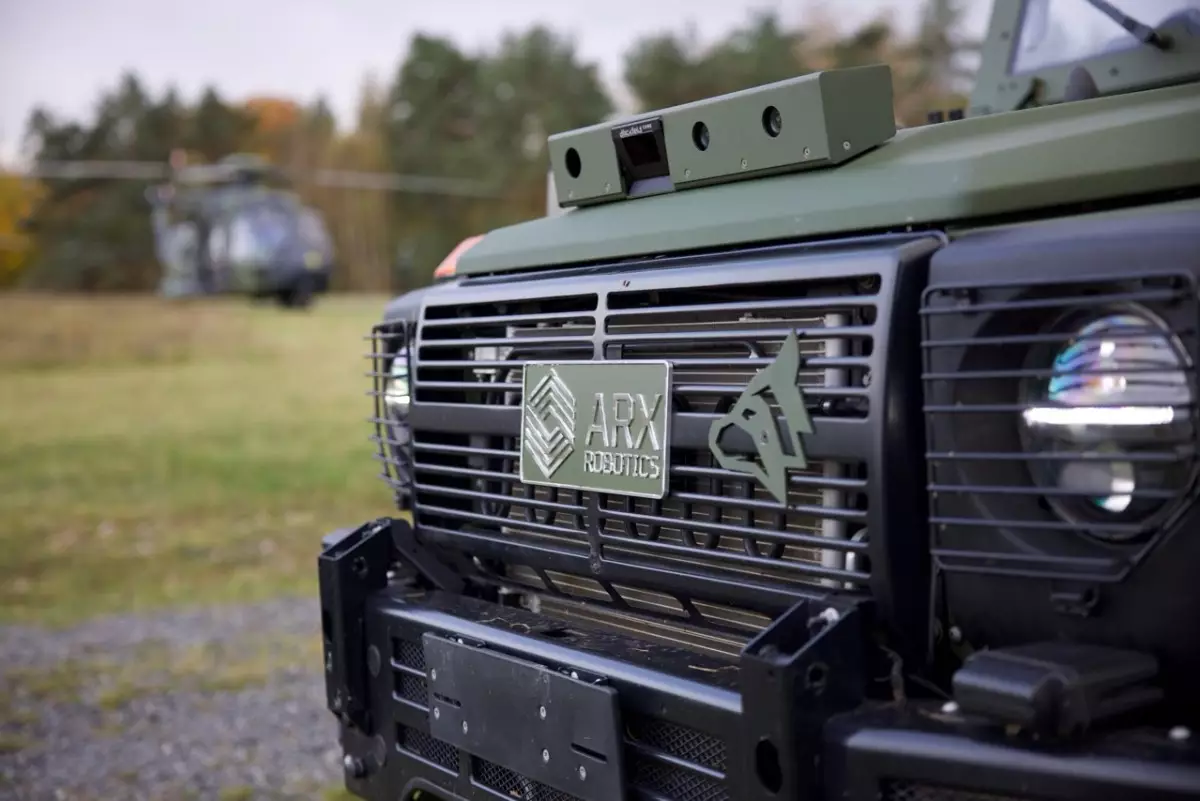In an era where technology rapidly reshapes industries, ARX Robotics emerges as a significant player by bridging the gap between outdated military equipment and cutting-edge AI solutions. Founded by individuals with a military background, ARX aims to breathe new life into legacy defense systems, specifically focusing on the need for interconnectivity and intelligent automation within NATO forces. The company has notably attracted significant attention with a €9 million seed funding round spearheaded by the NATO Innovation Fund.
The landscape of modern warfare has drastically changed, demanding advanced technologies capable of functioning in conjunction with existing military assets. Despite the move toward digitalization, many armed forces continue to rely on outdated analog equipment. This situation presents a profound dilemma: how to integrate modern warfare technologies—such as artificial intelligence, drones, and sensors—into an existing fleet that lacks the required connectivity. As observed by Marc Wietfeld, CEO of ARX Robotics, many of the vehicles used today, like the German Armed Forces’ fleet of Mercedes trucks, lack even basic software functionalities, preventing them from engaging effectively in the contemporary combat arena.
ARX Robotics’ proprietary operating system, ARX Mithra OS, stands at the forefront of their innovative approach. Functioning a bit like an Amazon Firestick for military hardware, the OS is designed to transform conventional defense vehicles into networks of intelligent, autonomous units, enhancing their operational capabilities. By incorporating hardware such as cameras and sensors, ARX aims to facilitate real-time data sharing and analysis among military assets, creating a more cohesive operational force.
Moreover, the ARX Autonomy Kit enhances this system by ensuring over-the-air updates, allowing for continuous improvement and adaptation to the ever-evolving demands of warfare. Such a model not only extends the functional lifespan of existing vehicles but also mitigates the need for costly replacements.
In light of the Russian invasion of Ukraine, military spending in Europe has gained renewed focus. However, the urgency has given way to challenges of resource allocation and shifting priorities. GenLt A.D.’s remarks underscore a critical point: while nations may express increased willingness to invest in military capabilities, the reality is that many states are beginning to grapple with tight budgets and competing demands. Thus, the integration of modern technologies into existing platforms becomes indispensable.
ARX Robotics positions itself uniquely in this context, asserting that their solutions do not simply replace existing systems but enhance them. By focusing on upgrading rather than replacing, ARX aims to solve a pressing problem for NATO and other allied forces—making disparate military assets communicate, collaborate, and share intelligence in real time.
As military planners increasingly recognize the importance of interconnected systems in modern conflicts, the potential of ARX Robotics expands. By leveraging AI and advanced software, their solutions could elevate the capabilities of current fleets, transforming them into “wingmen” that offer enhanced fleet intelligence and situational awareness.
In a world where data is as crucial as firepower, the ability to construct networks of intelligent systems could determine the outcome of conflicts. By positioning their technology as an ally for both traditional and modern military tools, ARX Robotics highlights a critical paradigm shift—one that emphasizes adaptability and collaboration over outright replacement.
ARX Robotics is emerging as a pivotal entity capable of reshaping the future of military engagement through technology. By addressing the challenges posed by aging systems and championing the cause of integration and intelligence, they are not only offering solutions to contemporary issues but also paving the way for a new kind of warfare—one that’s agile, collaborative, and profoundly enhanced by technology. As the military landscape continues to evolve, companies like ARX will play an essential role in ensuring that legacy systems remain relevant and effective in the face of modern challenges.

